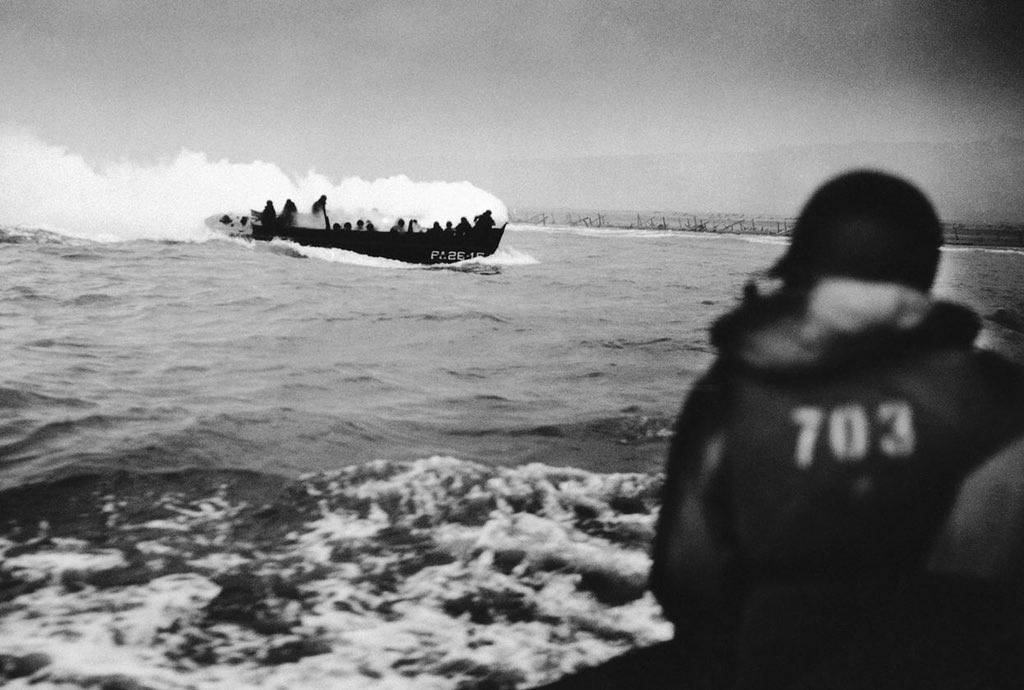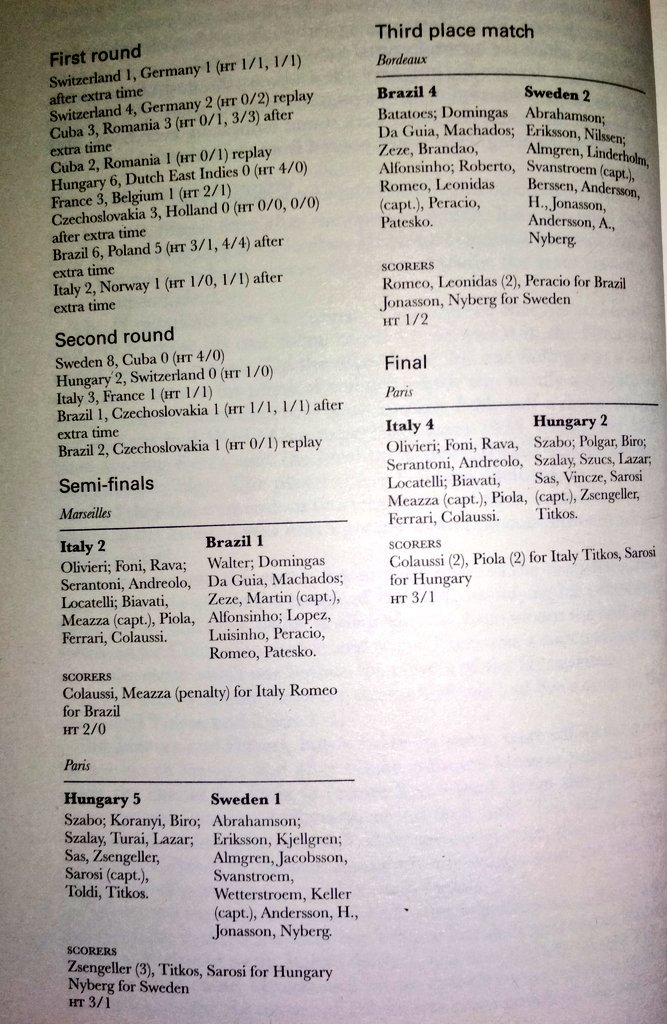amazon.com/History-Americ…
amazon.com/Reconstruction…
amazon.com/Empire-Cotton-…
amazon.com/Joy-My-Freedom…
amazon.com/Fall-House-Dix…
amazon.com/Freedoms-Front…
amazon.com/Out-House-Bond…
Get real-time email alerts when new unrolls are available from this author!
Twitter may remove this content at anytime, convert it as a PDF, save and print for later use!

1) Follow Thread Reader App on Twitter so you can easily mention us!
2) Go to a Twitter thread (series of Tweets by the same owner) and mention us with a keyword "unroll"
@threadreaderapp unroll
You can practice here first or read more on our help page!





